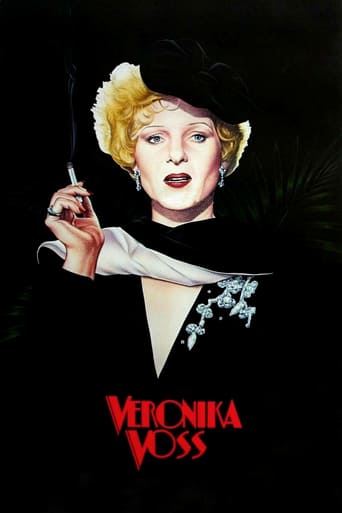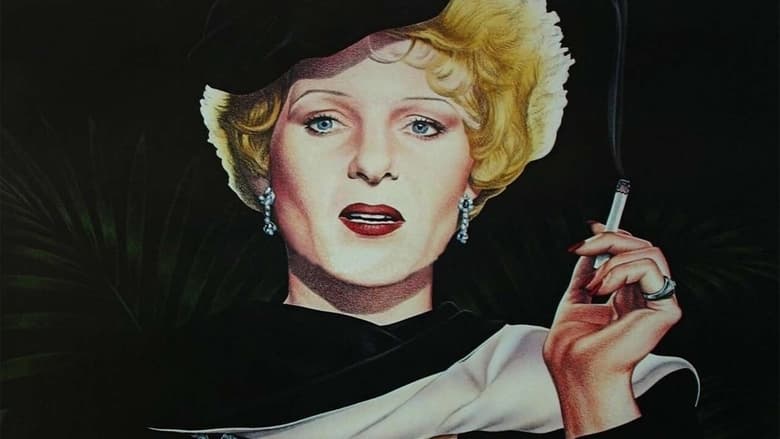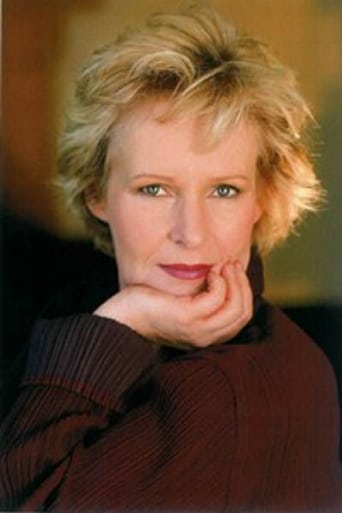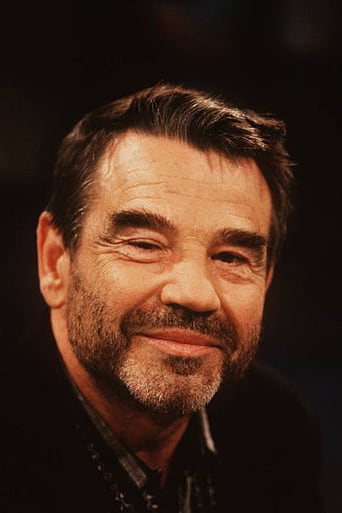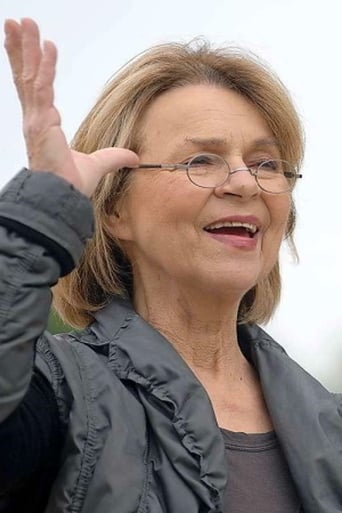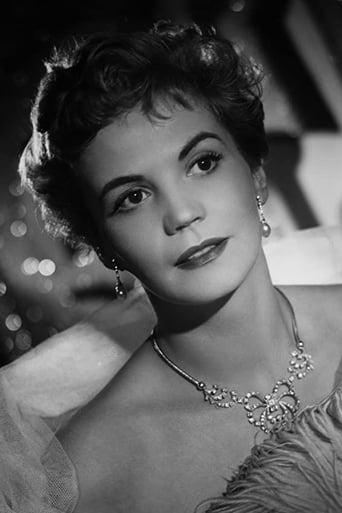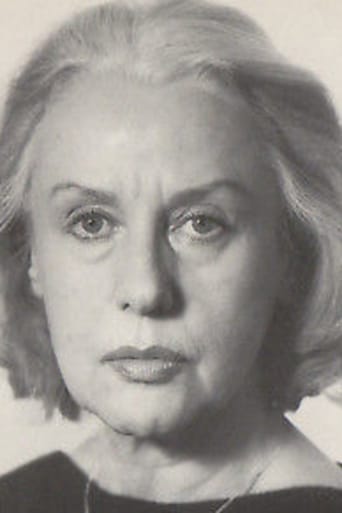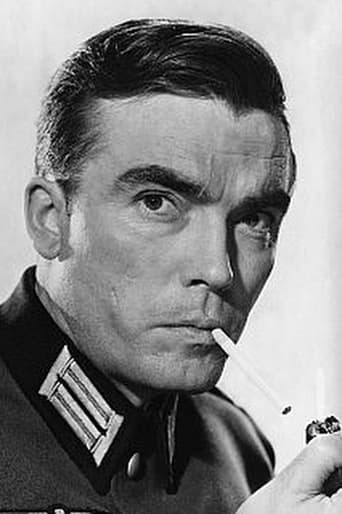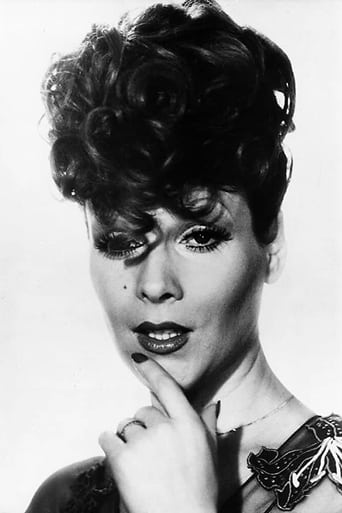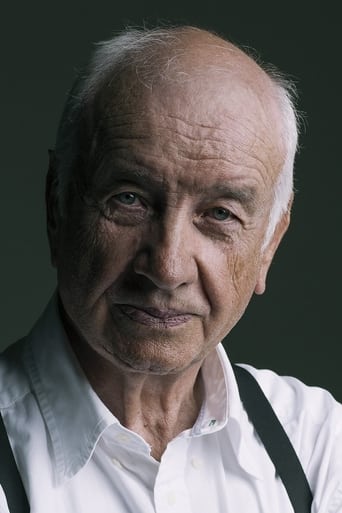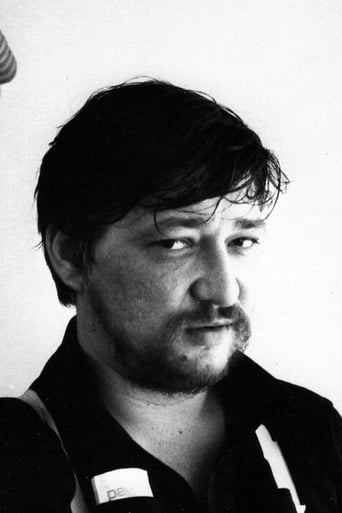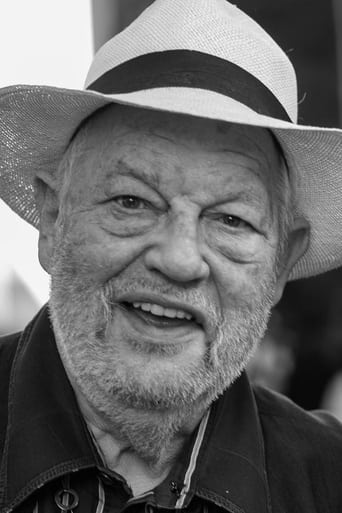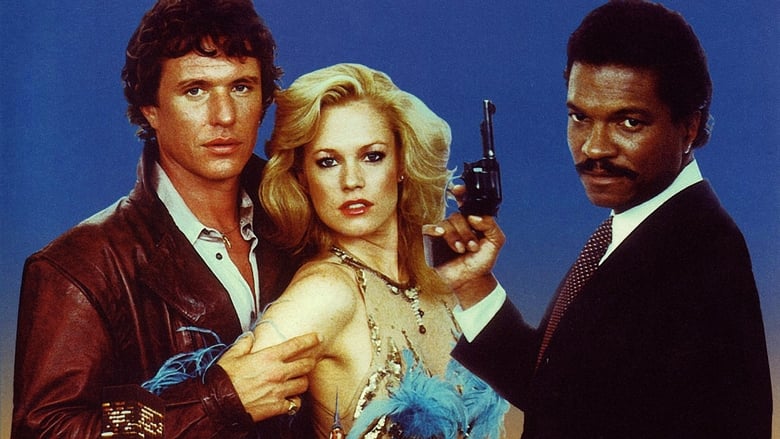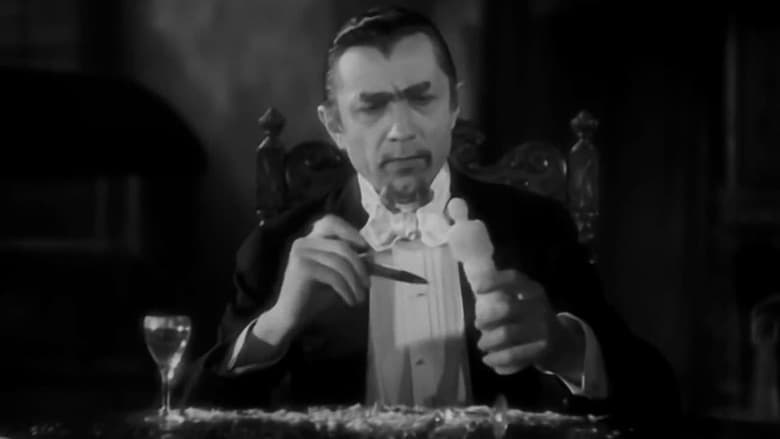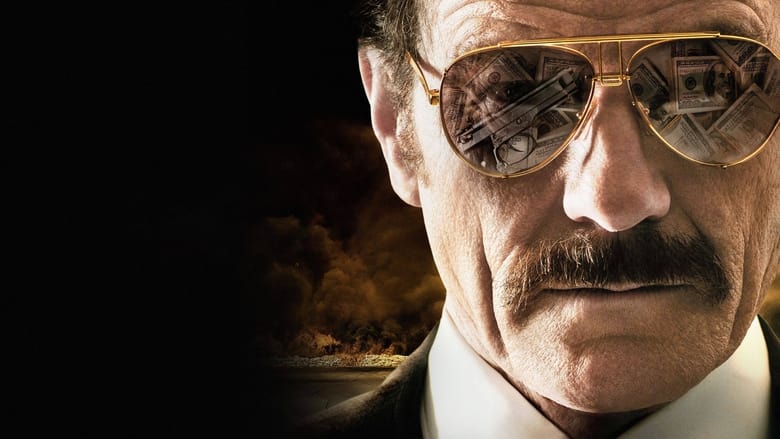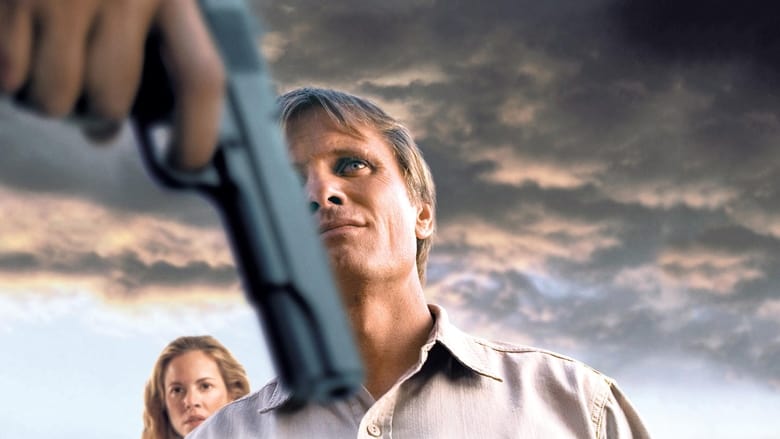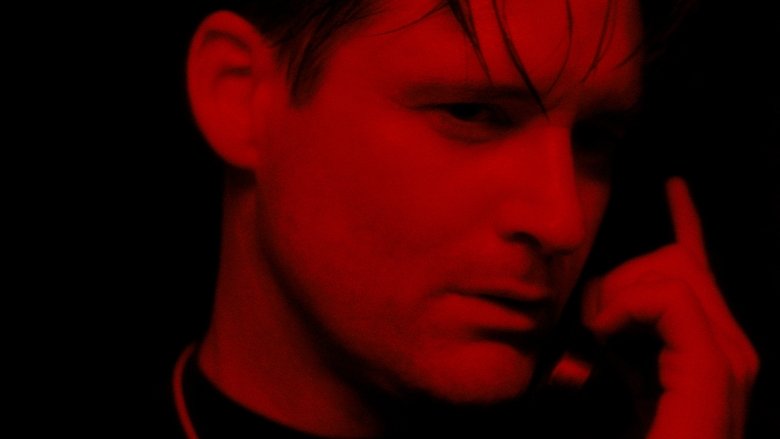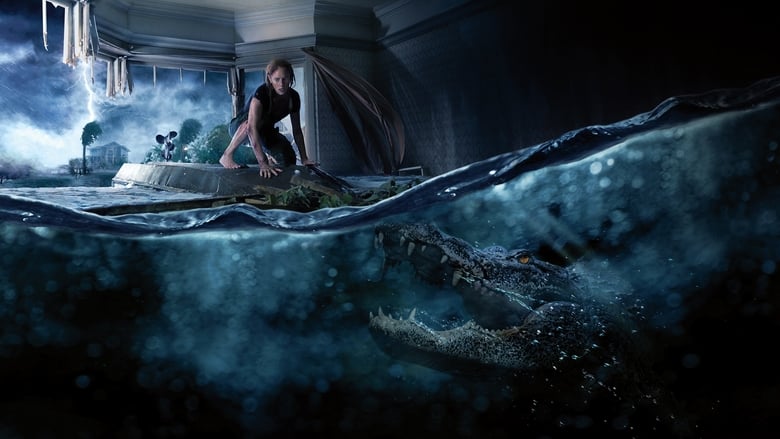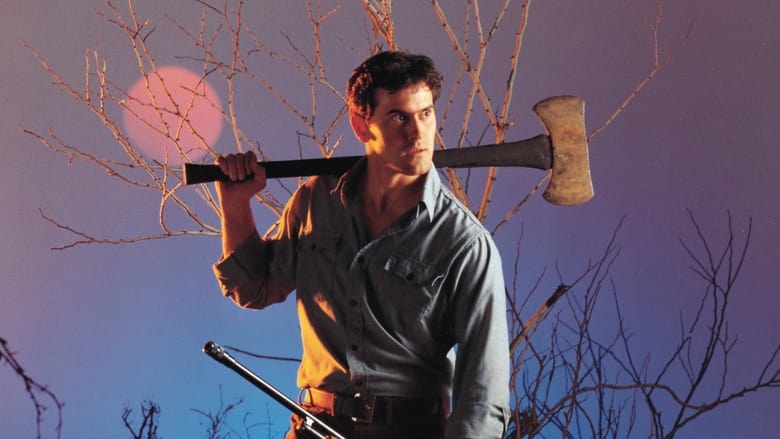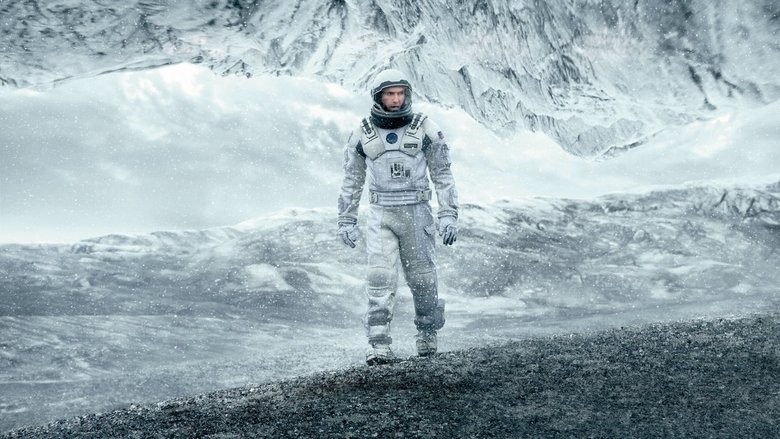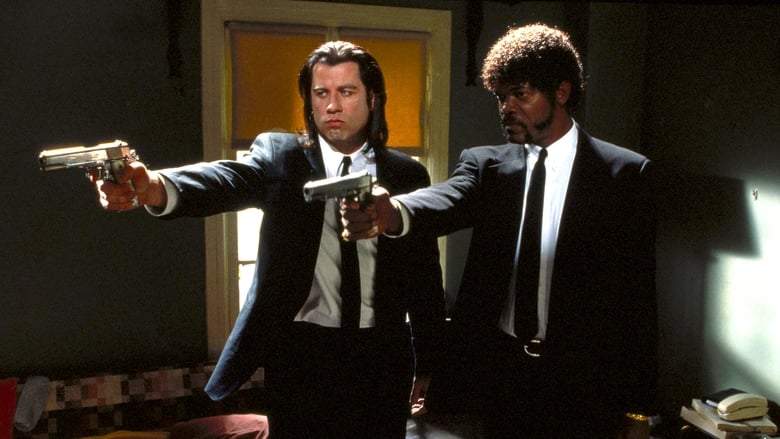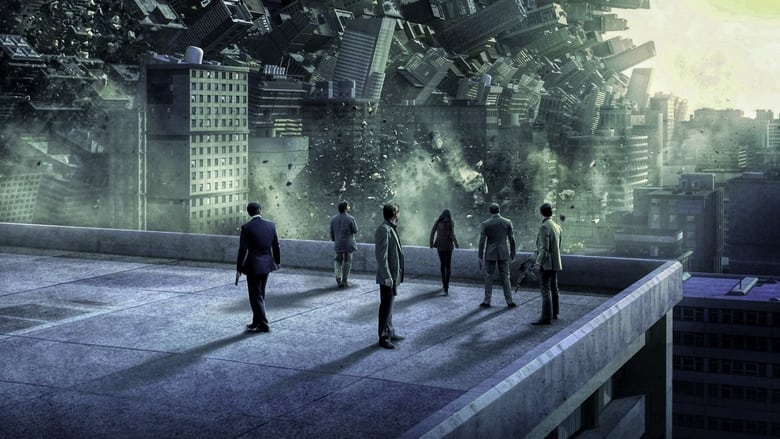In Munich 1955, German film star Veronika Voss becomes a drug addict at the mercy of corrupt Dr. Marianne Katz, who keeps her supplied with morphine. After meeting sports writer Robert Krohn, Veronika begins to dream of a return to stardom. As the couple's relationship escalates in intensity, Veronika begins seriously planning her return to the screen -- only to realize how debilitated she has become through her drug habit.


Similar titles

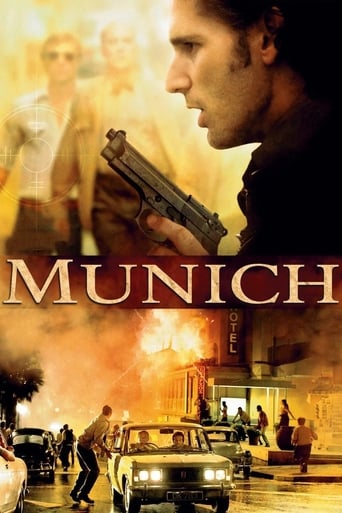
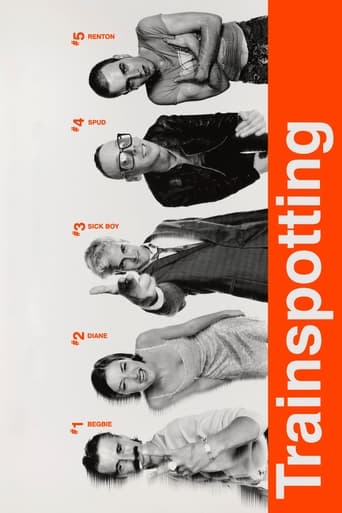

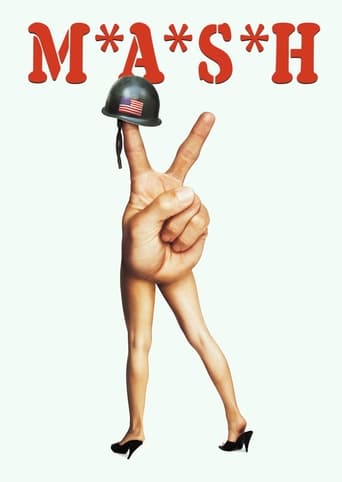



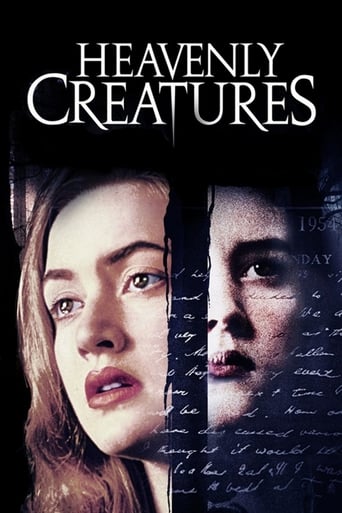
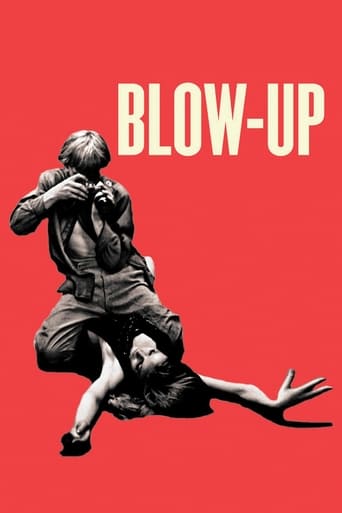
Reviews
Fassbinder's penultimate film, a Golden Berlin Bear winner in 1982, VERONIKA VOSS is a strikingly- looking black-and-white art-house vehicle loosely blueprinted on the tragic real life story of German film star Sybille Schmitz (VAMPYR 1932, MASTER OF THE WORLD 1934, TITANIC 1943).The time-line is set in 1955, post-WWII Munich, Veronika Voss (Zech) is an over-the-hill middle- aged actress, her career has remained stagnant for years, divorced by her screenwriter husband Max (Mueller-Stahl), now she lives in a psychiatric clinic governed by Dr. Marianne Katz (Düringer) and her assistant Josefa (Schade), where in Schmitz's story, they are a lesbian couple. They proffer her morphine for her addiction in exchange of her estate and fortune, it is a shady racket in broad daylight which ensnares many pain-afflicting addicts, once their clients are no longer affordable, they will discard them like insignificant pawns.Veronika is very close to this peril, will her be saved? The supposed knight in shining amour is Robert Krohn (Thate), a short, ordinary-looking sports journalist in his mid-40s, who has a stable girlfriend Henriette (Froboess) and doesn't even recognise her when they first meet during a downpour in the night, maybe this is a major reason why Veronika finds him special, deems him as someone who can simply treat her as an attractive woman, without all the celebrity halos. Their rendezvous evade any surreptitious pretences, Robert is fairly open about that and once Veronika even asks for his escort to her estate in spite of Henriette's presence. Veronika is a damaged good already, pompous, insecure and self-seeking, sees Robert as her last straw to revitalise her life and plans a dramatic return to the limelight, yet, all will fall flat since her Achilles heel is firmly clutched by the evil doctors, she cannot be saved, it is physically impossible, a fatalistic manifesto to those incorrigibly poisoned, corrupted and weak-minded. Zech manifests a telling facet of Veronika's jittery unstableness, holds great poise while inside she is beyond salvation.Thate's Robert, a common victim of an everyman's heroic fantasy, to fall for a damsel-in-distress, and rescues her from whatever evil force torments her. Only in Fassbinder's book, the reality is too gloom to conjure up a gratifying victory, Robert has to endure a bigger loss other than Veronika, Thate's performance brings about quite a subtle poignancy as the story goes into a more sinister twist. Annemarie Düringer, strikes up a whiff of frigid viciousness underneath Dr. Katz's usual professional persona, so is Froboess, her Henriette is the only innocent person in it, piqued by the blatant affair, but she doesn't counteract with resent or jealousy, on the contrary, she risks herself in Robert's plan to expose Dr. Katz's seedy business, unaware of the lurking danger. Innocence simply cannot reside in this corrupt world.Fassbinder's sleight-of-hand with lights and shadows infuses a nostalgic glamour to its texture; many a time, the camera moves like a serpentine, observing behind glasses like a voyeur, especially in the brightly white psychiatric clinic, extremely inhuman as if all the human trace has been sterilised altogether.As the second part of Fassbinder's BRD Trilogy, THE MARRIAGE OF MARIA BRAUN (1979) is the first one, and LOLA (1981) released one-year earlier than VERONIKA VOSS, is captioned as the third chapter, the film is a pessimistic probe into WWII residual affected on this one particular specimen, Veronika chooses to forget about the past and move on (it is implied she was in an affair with Goebbels), numbs herself with indulgence on drugs, one may argue that she is bringing all the trouble on herself, that's why, the ending is so cold and despondent, we cannot pretend nothing has happened, there must be consequences for those who are participated, whether actively or passively.
Veronika Voss (1982) was the final part of director Rainer Werner Fassbinder's celebrated trilogy of films that looked specifically at the period following the end of the Second World War, and in particular, the socio-political and economic re-birth of Germany following the Wirtschaftswunder. All three films in the trilogy look at these situations through the eyes of a strong-willed, arrogant and determined female-protagonist who strives against all odds to achieve the kind of lifestyle that she has always desired, but, once she does, finds herself still feeling empty and lacking in spirit. The characters in these films come to represent Fassbinder's own feelings about the Germany of this particular period, whilst simultaneously acting as an allegorical portrayal and deeper interpretation of the qualities and characteristics of the country itself.The first film in this loose, thematic trilogy, The Marriage of Maria Braun (1979), looked at the ideas of determination and the triumph of will that would go towards rebuilding Germany from the ashes of the Second World War through the eyes of resolute young woman willing to push her own emotional stability to breaking point in order to secure a better future for her and her incarcerated husband. The second film, Lola (1981), which took its inspiration from Josef von Sternberg's The Blue Angel (1930), looked at how that same sense of opportunism, greed and determination can be used for more selfish reasons, sowing the seeds of tragedy and eventual air of blind exploitation that will come full circle here. Veronika Voss exists in very much the same cinematic universe as the two other films that would come to form the backbone of what would eventually become known "the BRD trilogy"; though Fassbinder himself had often talked of plans to make more films in a similar vein - analysing post-war German history through to the present day - but was unable to continue the theme due to his untimely death in June of 1982.It would have been interesting to see where Fassbinder would have taken these continuing themes following Veronika Voss, which ends on a perfect note of heartbreaking cynicism, very much in tune with the Germany, and indeed, the world itself at the end of the 1970's; representing in a sense the same emotional landscape of cold desperation and political confusion presented in his more personal, contemporary-set films of the same era, such as In a Year of 13 Moons (1978) and The Third Generation (1979). Like those films, Veronika Voss continues Fassbinder's reputation as probably the greatest exploitation filmmaker who ever lived, in the sense of the crushing despair and continual disappointment that befalls his various characters whenever they put their trust in the hands of others. This can be seen as far back as the masterful Fox and his Friends (1975) as well as the underrated Mother Kusters' Trip to Heaven (1976), with Veronika Voss continuing the themes of those particular films, but with the greater sense of visual experimentation and bold use of mise-en-scene that would be found in his last few films following The Marriage of Maria Braun.Whereas that film employed a much grittier use of production design and almost unglamorous use of cinematography - the complete antithesis to the subsequent Lola and its gorgeous kaleidoscope of luminous colours and expressive use of shadow - Veronika Voss is presented in cold, stark, gorgeously textured black and white. The use of photography combined with the costume and production design not only give us a definite feel for the period in which the film is set, but also a great understanding of the moods of the characters and the atmosphere of the world in which they inhabit. It also allows Fassbinder and his cinematographer Xaver Schwarzenberger to draw parallels, not only to the 40's and 50's set Hollywood melodramas that have seemingly inspired the plot and use of character - I'm thinking specifically of references to Sunset Blvd (1950) - but also capturing the very iconic style of the early, pre-Second World War cinema of the UFA film studios, which plays an important part in Veronika's spiral into the pits of despair.Fassbinder incorporates other elements such as a romantic subplot and traces of a perhaps volatile love triangle with more elaborate references to detective fiction, cinema and the blurring of the past with the present. These stylistic devices help to keep the film moving with a brisk enough pace, while the continual use of confinement and claustrophobic camera angles that exaggerate how close, yet similarly disconnected the characters are from one another, help to convey the more hopeless and alienated aspects of Veronika's internal state-of-mind. Without question, this is one of Fassbinder's most interesting films; a bleak and bitter minor masterpiece that continues the themes and ideas behind The Marriage of Maria Braun and Lola, whilst also bringing to a close, in hindsight, a number of reoccurring themes familiar to anyone with a fondness for or interest in Fassbinder's life and work.Veronika Voss is intelligent and deeply emotional film-making rife with ideas that are still relevant, both socially and historically; such as the aforementioned allusions to the UFA film studios as well as Veronika's hinted affair with Joseph Goebbels and the broader, more controversial historical implications suggested therein. As with the majority of the Fassbinder's work, Veronika Voss is intense, evocative and unbelievably well acted - particularly by Rosel Zech, Himar Thate and Annemarie Düringer - though it is perhaps worth mentioning that the bleak arch of the narrative combined with the almost despairing allusions to the again aforementioned Sunset Blvd (and films of that ilk) may be a little too formidable or uninviting for some. Although Fassbinder would go on to produce one more film before his death, the dizzying and surreal adaptation of Genet's Querelle (1982), Veronika Voss - along with the other two films in the BRD trilogy - is a fitting testament to his enormous talent and under-appreciated genius.
Thsi is a wonderful noir by Fassbinder that recalls the classic film actors more than it does the gritty analyses of post war German economic success that he gave us in Lola and Maria Braun. I thought about Wilder's Sunset Boulevard, Preminger's Laura and Hitchcock's Notorious... anything but a remake of a drug-addiction film.Rosel Zech as Veronika Voss is wonderful; her wistful faded elegance in the scenes with Krone is memorable. Hilmar Thate plays a reporter who's in over his head trying to write about a faded film star, as his editor reminds him; it's a performance that reminds me of Dana Andrews in Laura. The cinematography by Xaver Schwarzenberger is superb: the rainy night scenes and the glaring white of the clinic were very well rendered.
This is the third and last film in the trilogy that included "Marriage of Maria Braun" and "Lola". This also turned out to be one of the last films Rainer Werner Fassbinder made before his sudden suicide in 1982. Story takes place in 1955 where a former German movie star named Veronika Voss (Rosel Zech) is now a morphine addict and she gets her shots from a doctor who specializes in hooking wealthy clients on morphine to the point where they sign over their homes and belongings to pay for their shots. Veronika use to be a star in the 40's for the state run UFA studios that made Nazi approved dramas. Now ten years after the war and unable to further her acting career Veronika is dependent on Dr. Marianne Katz who lets her stay in a backroom of her office. One rainy night Veronika runs into Robert Krohn (Hilmar Thate) who is a simple sportswriter for a newspaper and he offers her his umbrella. She is taken in by his kindness and the next day she calls him for drinks. Robert lives with his girlfriend Henriette (Cornelia Froboess) and she is curious about what will happen between them. Robert gets involved with Veronika and learns of her addiction and he seems to think that he can help her. He meets her ex-husband Max Rehbein (Armin Mueller-Stahl) and he warns him that there is nothing he can do. Robert learns of Dr. Katz and what she has been doing but he cannot prove to the authorities of her intent. This film was shot in black and white and its Fassbinder's homage to old films like "Sunset Boulevard" but the black and white cinematography actually resembles the look of the films that the UFA Studios made in the 30's and 40's. The film for the most part is very dark looking except for the scenes in the office of Dr. Katz. All the decor in this place is very shiny and white and I think Fassbinder wanted this area to appear dreamlike or heavenly and its in stark contrast to the very dark tone of the outside world. The character Robert wants to try and save Veronika but its to no avail and Fassbinder wanted him to symbolize how people wanted to change and save others through their own selfish reasons. Not that they necessarily want to do harm but for their own sake of humanity. Fassbinder was a die hard cynic and he portrays Roberts efforts to save Veronika and expose Dr. Katz as pathetic and futile. This simple everyman was in way over his head and its a jab by Fassbinder to the common man who tries to stand up to corruption. The story is loosely based on a real German actress named Sybille Schmitz. This film is not in the same league as "Marriage of Maria Braun" and even though Zech is pretty good she doesn't give the commanding performance that Hanna Schygulla did. This is still a very interesting film to watch and all three films in this trilogy should be viewed. Fassbinder has once again directed a visually striking film and gives the viewer another look at a character that has sold their soul in the war.
